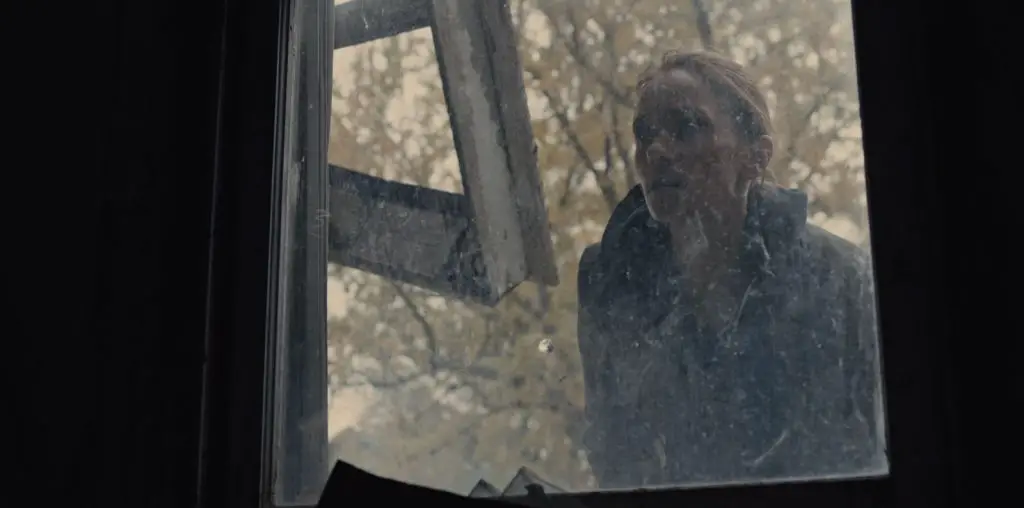
Clint Eastwood is the rare actor who has had two ‘final acts’ in his career. The first came in 1992, when the revisionist western Unforgiven accidentally revitalized his career after a full decade of relative irrelevance (the only good films Eastwood made in the 1980s were Tightrope, Bird, and The Dead Pool, none of which were terribly successful). Unforgiven seemed to represent one final western, a final action film that attempted to reinterpret the various mythical gun slingers of his heyday. But, of course, it received rapturous reviews, became Eastwood’s first $100 million grossing picture, and won four Oscars, including Best Picture and Best Director for Mr. Eastwood himself. So this final curtain instead paved the way for ‘Clint Eastwood – critically admired director’ (never mind that he had been directing solid films since Play Misty For Me in 1971).
Unforgiven was followed by fifteen-years of critically acclaimed films, and another Best Picture/Best Director Oscar combo for Million Dollar Baby in 2004. For this last leg of his career, Eastwood has been known as a director first, and an actor second. Since 1992, he acted in only one picture not of his making, Wolfgang Peterson’s masterpiece 1993 thriller: In The Line Of Fire.
Gran Torino will allegedly be Clint Eastwood’s final acting role. If this is the case, then the 78 year old icon has chosen a perfectly pleasant offshoot as his acting swan song. That it is not a film worthy of multiple Oscars is not a slight against the picture. It is a fun, witty, and poignant last dance that ends up being a modern day take on the classic western archetype that Eastwood knows so well. Whether Eastwood deserves or receives an Oscar nomination for his lead performance is irrelevant. It is every bit as appropriate an acting finale as John Wayne’s The Shootist.
A token amount of plot – Walt Kowalski is a Korean War veteran who has stayed in his old neighborhood as the economic conditions deteriorated and his neighbors began to less resemble himself and begin to resemble the very Koreans he went to war with in his youth. This unrepentant racist himself lost and without purpose following the death of his wife. However, circumstances change when a young Korean neighbor attempts to steal Walt’s prized automobile, his 1973 Gran Torino. After the youth’s family forces him to work off his moral debt by helping Walt with various chores, the grumpy old man forms a surprising bond with his neighbors and with this young man. However, tensions from nearby gangs threaten to destroy Walt’s newfound peace.
The film is first and foremost a showcase for crusty old Clint. While the broadly comic performance skirts with camp from time to time (he actually says ‘Get off my lawn!’ in two separate scenes), the usual Eastwood subtlety and low-key filmmaking keeps the drama rooted in plausibility. And while the bond between Frank and Thao isn’t terribly profound (arguably less so than the friendship between Daniel Larusso and Mr. Miyagi in the first Karate Kid), it is entertaining and their interactions with Walt’s few friends provide solid laughs (the always welcome John Carroll Lynch cameos as a barber shop owner). And Clint Eastwood once again presents one of the most realistic, three-dimensional priests seen in film today (Christopher Carley is terrific here, as was Brian F. O’Byrne in Million Dollar Baby).
The film does have some worthwhile commentary on ethnicity. Walt’s Korean neighbors are generally hard-working, never expect a hand out folks, the same kind of people whose values are supposed to embody ‘real Americans’ in the eyes of so many who oppose immigration and decry the melting pot of America. The film also dances with the idea that the very people who most strongly oppose ethnic integration (conservative, lower-income suburbanites) are the ones who often live in a multi-cultural Petri dish. And, despite being stand-ins for ‘friendly minorities who mend Walt’s racist heart’, Thao and his sister Sue are intelligent, funny, and relatively three-dimensional characters in their own right. Something that the film gets just right is the idea that friendships between different races actually allow for more overtly humorous racism, since there is no longer any malicious intent (Sue laughs when Walt jokingly calls her a ‘dragon lady’, knowing that he’s comfortable enough around her to be tossing out such ribald jabs).
The last fourth of the film delves into Walt’s struggle with the local gang element, and the film threatens to turn into ‘Grumpy Old Dirty Harry’. Without going into spoilers, I can say that it doesn’t quite go to that extreme, and the finale has a surprising poignancy for those who know the classic western myths (one could argue that it has similar ideas to No Country For Old Men, but I’ll say no more than that).
Gran Torino is not a masterpiece. It’s a fun character drama that features a knowing but winning final performance by Clint Eastwood and just enough commentary to make it worth discussing. In this current deluge of pretentious, overly arty Oscar bait, Gran Torino is a good, solid well-oiled machine. It’s just an unpretentiously good yarn.
